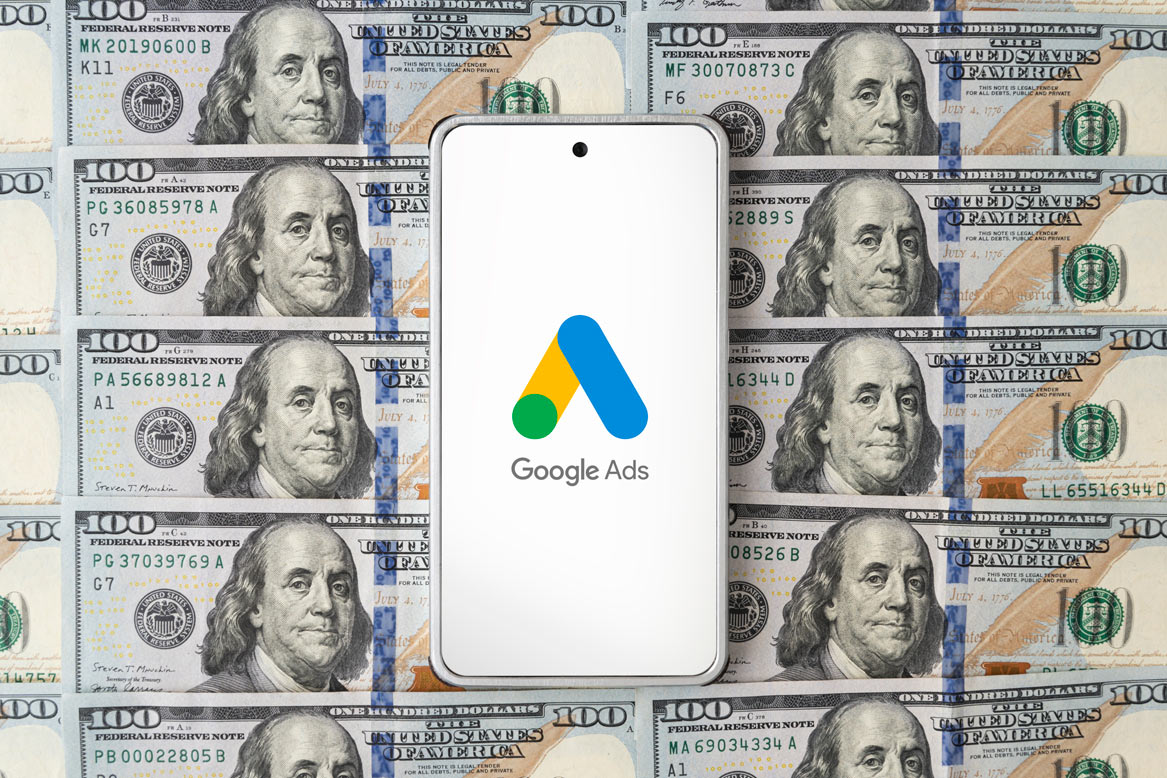When you’re running Google Ads campaigns, seeing your daily budget not fully spent can be perplexing and frustrating. After all, you’ve set a budget for a reason, it’s the amount you’re willing to pay to achieve your advertising goals. Yet, Google doesn’t always use every dollar. Why is that? And…
AdWords Account Management
-
AdWords Account Management - AdWords Consultant - AdWords Manager - Bing Ads - Digital Marketing Agency - Google Ads - Google Ads Consultant - Google Ads Management - Google Ads Manager - Google Ads Services - Google Ads Strategists - Internet Marketing - Internet Marketing Service - McCord Web Services - Microsoft Advertising - Microsoft Advertising Certified Professional - Microsoft Advertising Consultant - PPC Management - SEM Agency
-
AdWords - AdWords Account Management - AdWords Consultant - AdWords Manager - AI Search - Google Ads AI - Google Ads Performance Max
The Unexpected Impact of Old Web Pages on AI Search and Ad Results
Artificial Intelligence (AI) is transforming how businesses operate, especially with tools like Google’s AI-driven search results and advertising campaign types in Google Ads like Performance Max. While these advancements bring convenience and automation, they can also lead to unexpected outcomes if not carefully monitored and managed. One such issue is…
-
AdWords - AdWords Account Management - AdWords Consultant - Google Ads - Google Ads Consultant - Google Ads Management - Google Ads Management Pricing
Navigating the US Antitrust Trial Over Google Ads
On September 9th, Google faced a new antitrust trial centered on allegations of monopolistic behavior in digital advertising. This trial raises several concerns among our clients—chief among them being the trustworthiness of Google, the fairness of advertising costs, and the potential breakup of Google Ads. While the trial unfolds, it…
-
Google Ads Update
Google Ads has introduced AI-powered enhancements to its Performance Max campaigns, focusing on asset testing, video optimization, and improved campaign management. Key updates include the integration of the Imagen 3 AI model for generating high-performing visuals. Advertisers will also benefit from advanced asset testing, allowing us to measure the impact…





